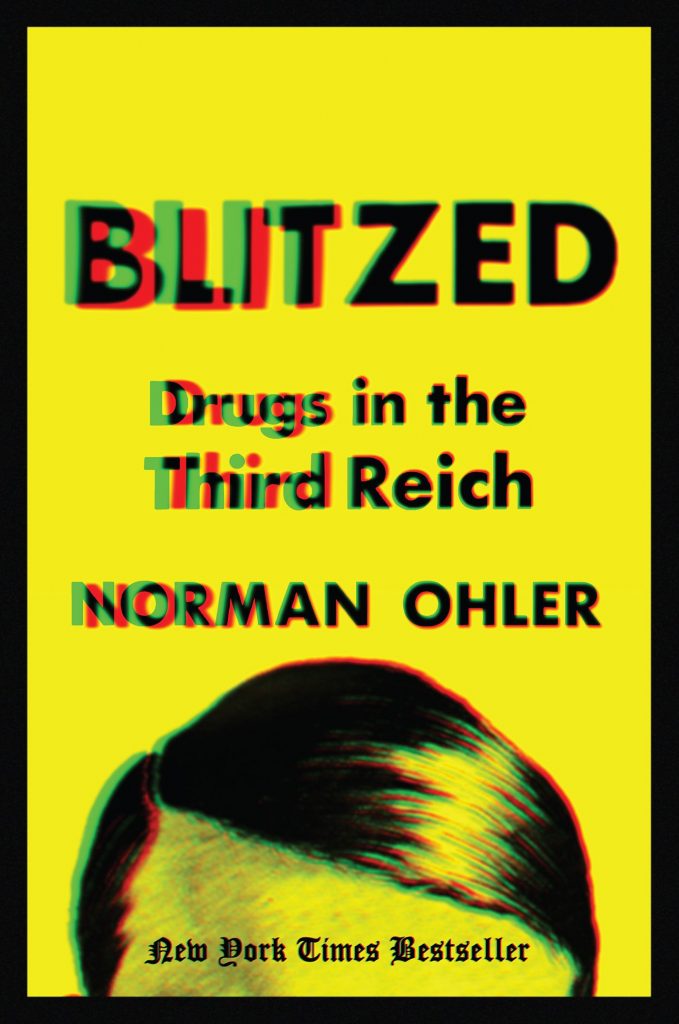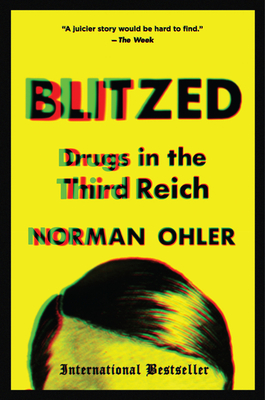

Dagmar Herzog expressed the view that 'Ohler's analysis does not withstand close scrutiny.

To borrow Ohler's style: will they experience a big buzz, or a bad trip?". It remains to be seen if this recipe will appeal to anglophone readers. He spices up the evidence, throws in pop culture references (“Teutonic Easy Riders"), and garnishes it with snazzy puns ("High Hitler"). German historian, Nikolaus Wachsmann wrote that Ohler "appears to mix fact and fiction. However, other historians disagreed with Ohler's approach.

a serious piece of scholarship very well-researched' and Hans Mommsen, one of Germany's leading historians, refers to Blitzed as 'changing the overall picture'.

Ohler's account makes us look at this densely studied period rather differently' Ian Kershaw describes it as 'very good and extremely interesting. The book was praised by some historians: Antony Beevor calls Blitzed 'a remarkable work of research. In the book, Ohler researches what role psychoactive drugs, particularly stimulants such as methamphetamine, played in the military history of World War II, concluding that many of the German military and political leadership-especially Adolf Hitler- used psychoactive drugs during the war. Upon publication in the US, it became a New York Times bestseller. In September 2015, Kiepenheuer & Witsch published Ohler's first non-fiction work, Der totale Rausch: Drogen im Dritten Reich, and the following year the book appeared in English as Blitzed: Drugs in Nazi Germany. In 2008, he co-wrote the movie Palermo Shooting with Wim Wenders, starring Dennis Hopper. Ohler has also worked as writer-in-residence in Tel Aviv and Jerusalem. There, Ohler wrote about the life of the Palestinians in the West Bank and published the last interview Yassir Arafat gave, shortly before his death. In 2004, Ohler was invited by the German Goethe-Institut to act as writer-in-residence in Ramallah. These three novels form Ohler's City Trilogy. His second novel, Mitte, was published in 2001 and praised by Der Spiegel as his 'masterpiece', followed by his third, Ponte City, in 2002. In 1995 he published Die Quotenmaschine, the world's first hypertext novel in German. Ohler was born in Zweibrücken, West Germany in 1970 and attended journalism school in Hamburg. Norman Ohler (born 4 February 1970) is a German New York Times bestselling author, novelist and screenwriter, best known for his book Blitzed: Drugs in Nazi Germany, which has been published in over 30 languages.


 0 kommentar(er)
0 kommentar(er)
